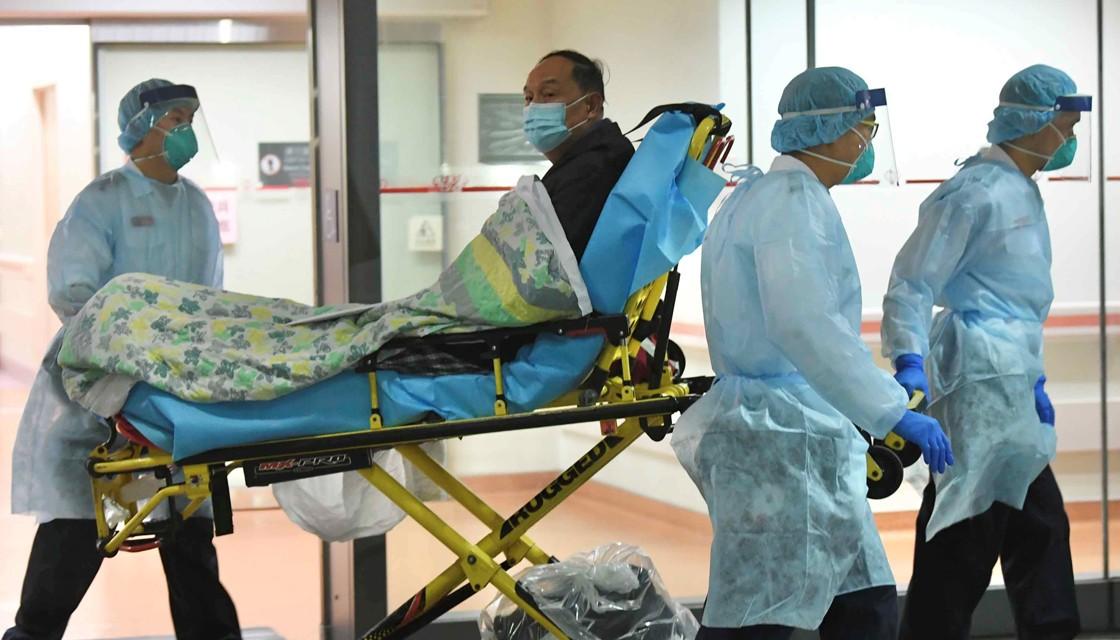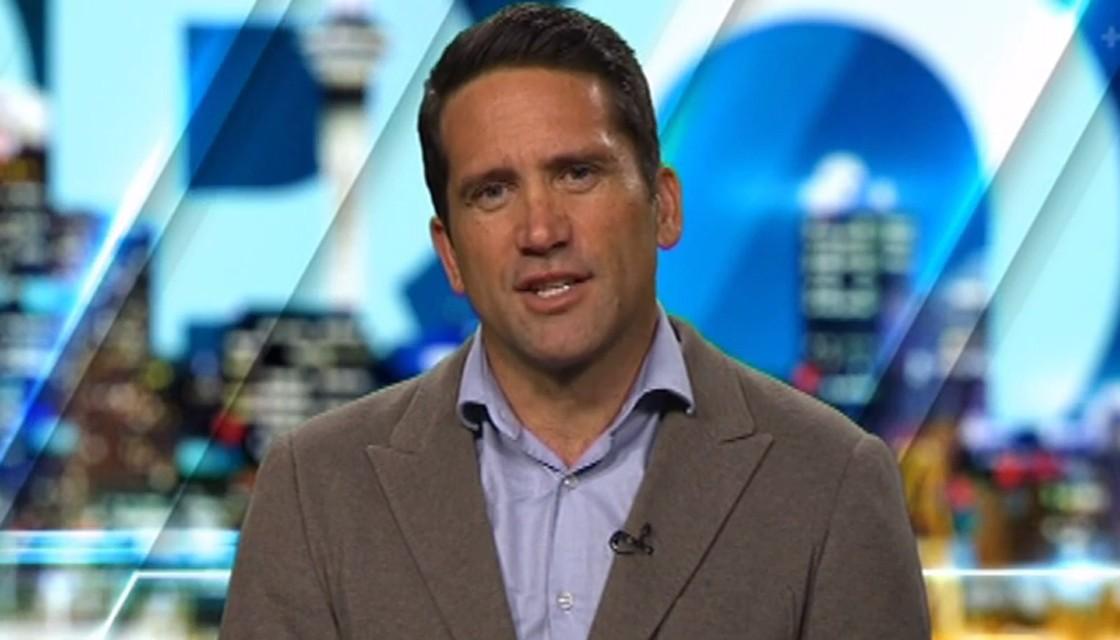New Zealanders visiting relatives in China are now trapped in Wuhan as the city goes into lockdown over the deadly coronavirus.
At least 17 people are dead and more than 500 infected in China alone, as the virus spreads from Wuhan to other provinces and countries.
Public transport in the Chinese mega-city, with a population of more than 11 million, has been suspended. Residents have been advised to stay put as the response to the outbreak ramps up.
Auckland man Li, who didn't want his full name used, said on Tuesday people were still shopping and travelling, and the streets were bustling with people.
Roughly 48 hours later, the city had gone into lockdown. For him, it started with friends and relatives cancelling planned parties and gatherings.
"The face masks were all sold out. There were queues in front of every pharmacy. The usually crowded shopping malls are entirely different. The shops are all open but there's barely any customers. The subway stations, which should be noisy and crowded in the New Year's season, are almost empty," he said.
He said anyone seen in public was wearing a mask.
"Starting from yesterday, the whole city started to feel more nervous. All the things and all the conversations in our social media group are around the virus infection."
Li said he didn't believe it when he first heard about the likelihood of locking down the city, comparable in size to London.
He had been planning to come back to Auckland in two days, but had to start changing his plans unsure when the travel restrictions would be lifted.
"At five o'clock China time this morning, the Chinese Central Television Station Channel One said from 10 o'clock this morning, all of the buses, subways, airport - and I've just heard that all the motorways - will be closed down temporarily."

Auckland woman Mrs Wu said she was concerned about her son, eight, who went back to their home city of Wuhan alone to visit his grandparents.
"I didn't feel that strongly during the SARS outbreak because I'm not in China, but this time because my son is in Wuhan. I can feel it acutely ... I'm really worried ... protections are essential - face mask is a must, my family is also avoiding going out."
She said her son was probably not going to make it in time for the upcoming school term.
"The only thing we can do is wait - there's nothing else. My worrying is not to help with anything. I'm now going to notify his school about the situation. After he came back, he will probably be required to go on quarantine for a period of time before he can go to the school."
The National Party's health spokesperson Michael Woodhouse says there are a lot of Chinese travellers in transit around the world.
"I think that heightened the risk, and it reinforced the need to take the measures that this government hasn't taken. There are Wuhan to Sydney flights and we have flights coming from Sydney to nearly every international airport in New Zealand," Mr Woodhouse said.
"The reality is people from Wuhan will be planning to travel to New Zealand right now and we should be screening them."
So far there have been no reported cases in New Zealand and the Ministry of Health said the risk here was low, but they are taking the outbreak very seriously.
Health Minister David Clark says the official pandemic response has been triggered and Government agencies will meet tomorrow to discuss their response.
Vaccination the answer, says NZ doctor in China
New Zealand doctor Lance O'Sullivan fears the spread of hysteria over the deadly Wuhan coronavirus, saying the answer to outbreaks like it is to have better vaccination programmes prepared.
"It's not uncommon to see people in China wearing masks... but what was quite stark was going into the shops yesterday and people were lining up purchasing all these new masks. So it's a big deal here."

He told RNZ's Checkpoint he had been asked to wear a mask but was not.
"I don't want to seem casual or laissez-faire about it but I feel pretty okay for a few reasons... we're staying in pretty good places in China, and [practicing] good hygiene and avoiding those congested areas - I feel pretty confident.
"If we look at the numbers, 500 cases plus since December, it seems like a lot but we're talking about a country 1.4 billion, so I think it needs to be taken in context.
"I probably have more chance of getting measles in Auckland than I do of getting coronavirus in Shenzhen."
Viral pandemics like the coronavirus could be avoided with good vaccination strategies, Dr O'Sullivan said.
"If we had a vaccine that was ready to go but just needed to be customised for a coronavirus like this and could be done within a few weeks to a month, we could be not so worried globally about these pandemics."
He said the access to antibiotics in China was "incredible" - he had heard of people going the chemist to buy a month's supply of amoxicillin.
He said the idea antibiotics would starve off any viral infection was completely false.
"I might be forced to eat my words in time but I sometimes think we're missing the bigger picture, the more important question ... we're just bouncing from pillar to post every five to ten years. How do we prevent these pandemics?
"There's a whole lot of strategy, public health initiatives, better control over medications - and China is a really good example where it doesn't happen - and my old favourite, vaccination programmes."
RNZ
